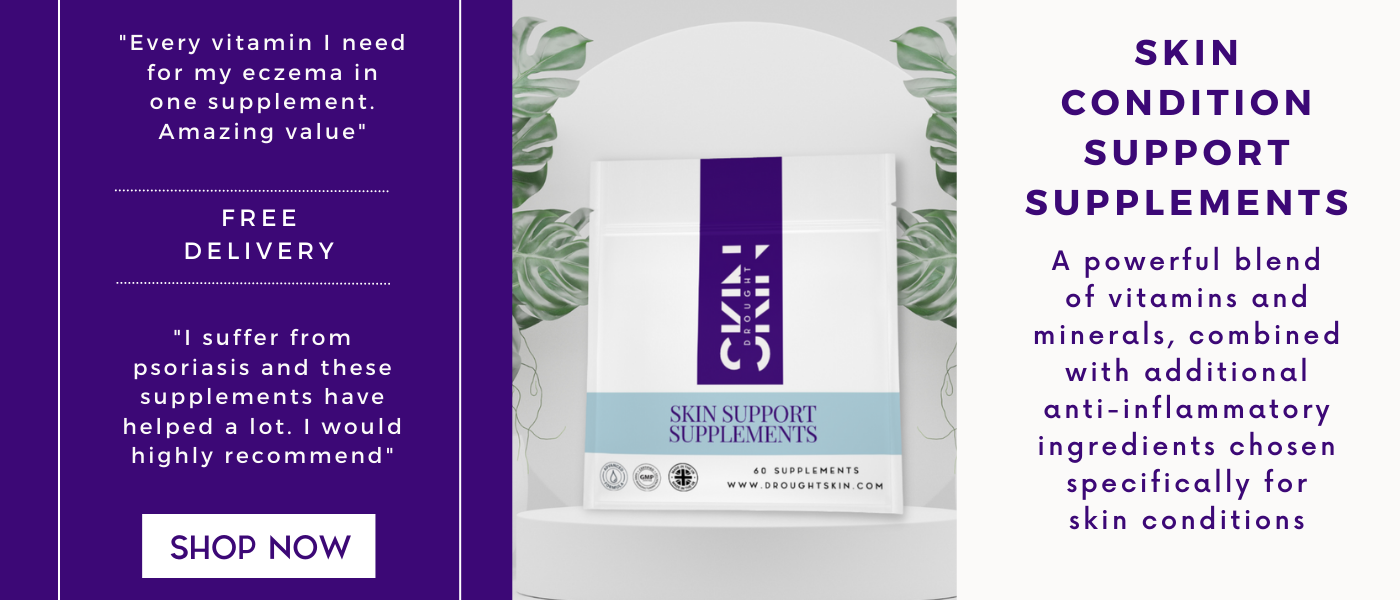Is Hyaluronic Acid Good for Acne? Here's What Experts Say
Hyaluronic acid has become a popular ingredient in skincare products, with users claiming it hydrates and plumps their skin. But is hyaluronic acid good for acne? Here, experts weigh in on the potential benefits and drawbacks of using hyaluronic acid for acne-prone skin.
What is Hyaluronic Acid?
Hyaluronic acid is a naturally occurring substance in the body that helps to retain moisture in the skin. It is often used in skincare products for its ability to hydrate and plump the skin, which reduces the appearance of premature aging. Hyaluronic acid is also used in some acne treatments for its ability to help soothe and calm inflamed skin. Hyaluronic acid can bind 1000 times its weight in water, so it is ultra-hydrating. Product ingredients labeled ‘sodium hyaluronate’ contain hyaluronic acid which will penetrate deep into the skin barrier. Ingredients noted as ‘sodium hyaluronate’ work on the outer layer, giving a plumping effect.
How does Hyaluronic Acid benefit the Skin?
Hyaluronic acid is a powerful humectant, meaning it attracts and retains moisture in the skin. This can help to hydrate and plump the skin, reducing the appearance of fine lines and wrinkles. Hyaluronic acid also has anti-inflammatory properties, which can help to soothe and calm inflamed skin. This makes it a popular ingredient in many skincare products, including those designed for acne-prone skin. However, it's important to note that hyaluronic acid alone may not be enough to treat acne and should be used in conjunction with other acne-fighting ingredients.
Is Hyaluronic Acid Good for Acne?
Hyaluronic acid can help to hydrate the skin without clogging pores or causing breakouts. This can help to reduce the appearance of acne and prevent future breakouts. Hyaluronic acid also has anti-inflammatory properties that can help to reduce redness and irritation associated with acne. While hyaluronic acid can help to hydrate and soothe inflamed skin, it may not be enough to treat acne on its own. It's important to use other acne-fighting ingredients, such as salicylic acid or benzoyl peroxide, in conjunction with hyaluronic acid. Those with oily or acne-prone skin should also look for lightweight, non-comedogenic products that won't clog pores. As always, it's best to consult with your doctor or a dermatologist to determine the best skincare routine for your individual needs.
Are there any potential drawbacks to using Hyaluronic Acid for Acne-prone skin?
While hyaluronic acid is generally considered safe for most skin types, it's important to note that it may not be suitable for everyone. Those with extremely oily or acne-prone skin may find that hyaluronic acid-based products make their breakouts worse. Some people may also experience irritation or allergic reactions to the ingredient. As with any skincare product, it's important to patch test and consult with your doctor or a dermatologist before incorporating hyaluronic acid into your routine.
How should you incorporate Hyaluronic Acid into your Skincare routine?
If you're interested in incorporating hyaluronic acid into your skincare routine, there are a few things to keep in mind. First, it's important to choose a product that is formulated for your skin type. If you have oily or acne-prone skin, look for a lightweight, oil-free formula that won't clog your pores. Next, consider using hyaluronic acid in conjunction with other acne-fighting ingredients, such as salicylic acid or benzoyl peroxide. Finally, be sure to follow the instructions on the product label and avoid overusing the ingredients, as this can lead to dryness or irritation.



